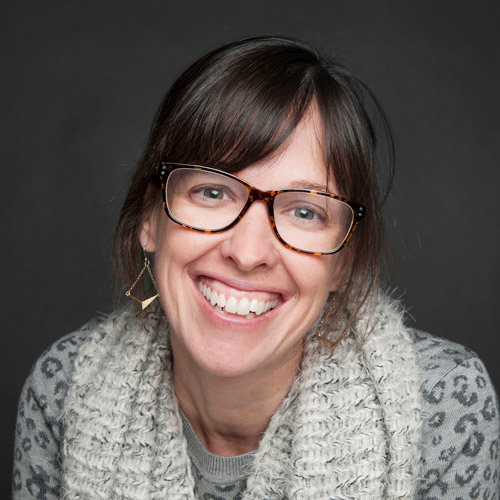Getting Their Hands Dirty in the Lab—and in the Charles River
Undergraduate students are studying antibiotic-resistant bacteria collected from the Charles to find out if lab work is right for them
Getting Their Hands Dirty in the Lab—and in the Charles River
Getting Their Hands Dirty in the Lab—and in the Charles River
The Charles River serves as the backdrop of Boston University’s mile-long campus, yet many BU students only experience it from afar—and after watching this video, you might not blame them.
“We’ve been finding lots and lots of antibiotic-resistant bacteria in the Charles River,” says Veronica Gates (CGS’24, CAS’26), an undergraduate researcher in the College of General Studies. “It’s a little gross.”
Gates, along with five other CGS students, spent this past summer dipping their hands and sample tubes into the Charles, and bringing water samples back to campus to test for the presence of antibiotic-resistant bacteria. Antibiotics are a class of medication used to treat a number of common ailments—including strep throat, ear infections, and bacterial pneumonia—and the rise of bacteria in our environment that are resistant to antibiotics poses a major threat to public health.
“We are seeing a rise in antibiotic-resistant infections throughout the United States and throughout the world,” says Sandra Buerger (CAS’00), a CGS senior lecturer in natural science and mathematics. The research is part of a multi-semester project in the Buerger and Hulbert lab tracking the presence of antibiotic-resistant bacteria in the Charles River and is made possible by funding from the BU’s Center for Interdisciplinary Teaching & Learning, which provides opportunities for CGS students to participate in research.
“Getting hands-on experience in a lab is so different from just being in class,” Gates says. “You can see pictures of cool bacteria, but when it’s something that you grew yourself, it’s so much more meaningful.” It also provides a testing ground for undergraduates to decide if lab work is really for them.
“It’s so important for undergrads to get that experience of really learning to work in a lab, deciding if lab work is for them, if that’s what they want to do with their futures,” Buerger says. “But at the same time, they’re actually doing research and contributing to a body of data that we hope will be published and contribute to scientific understanding.”
Watch the video above to get a behind-the-scenes look at how antibiotic-resistant bacteria go from the Charles River to the lab.



Comments & Discussion
Boston University moderates comments to facilitate an informed, substantive, civil conversation. Abusive, profane, self-promotional, misleading, incoherent or off-topic comments will be rejected. Moderators are staffed during regular business hours (EST) and can only accept comments written in English. Statistics or facts must include a citation or a link to the citation.